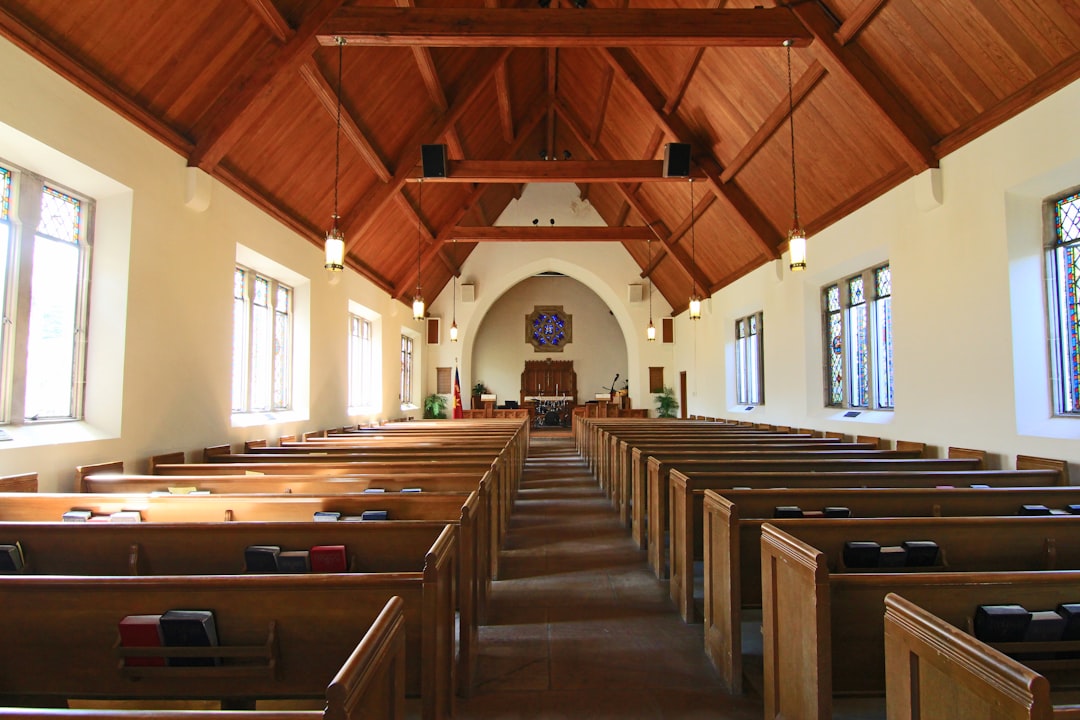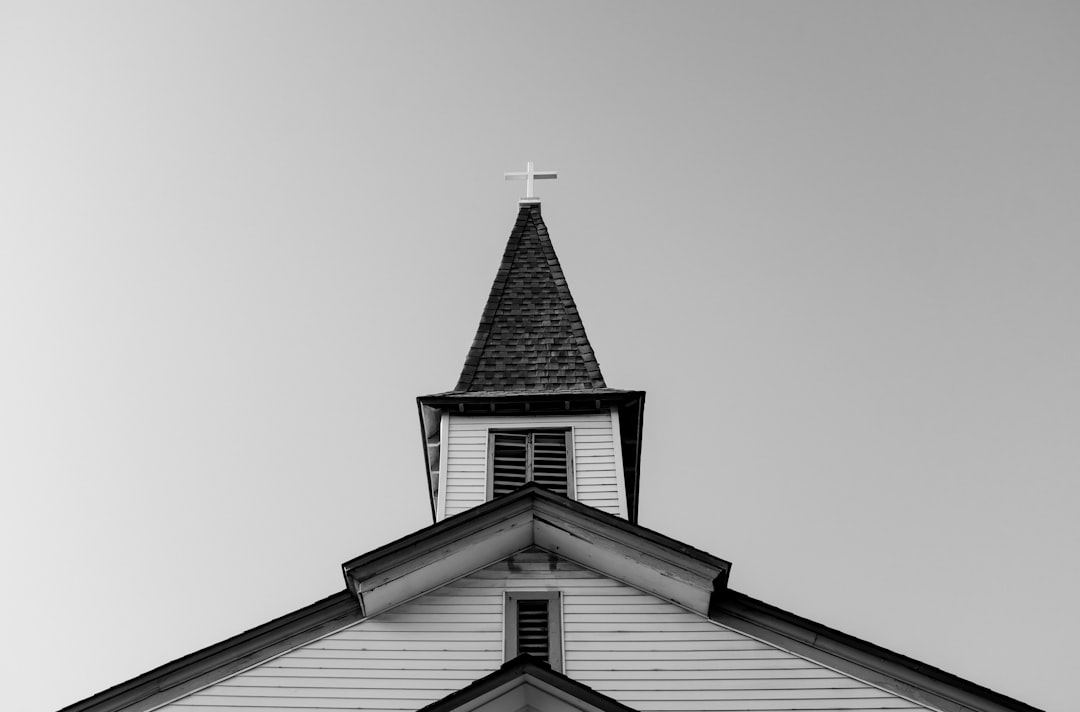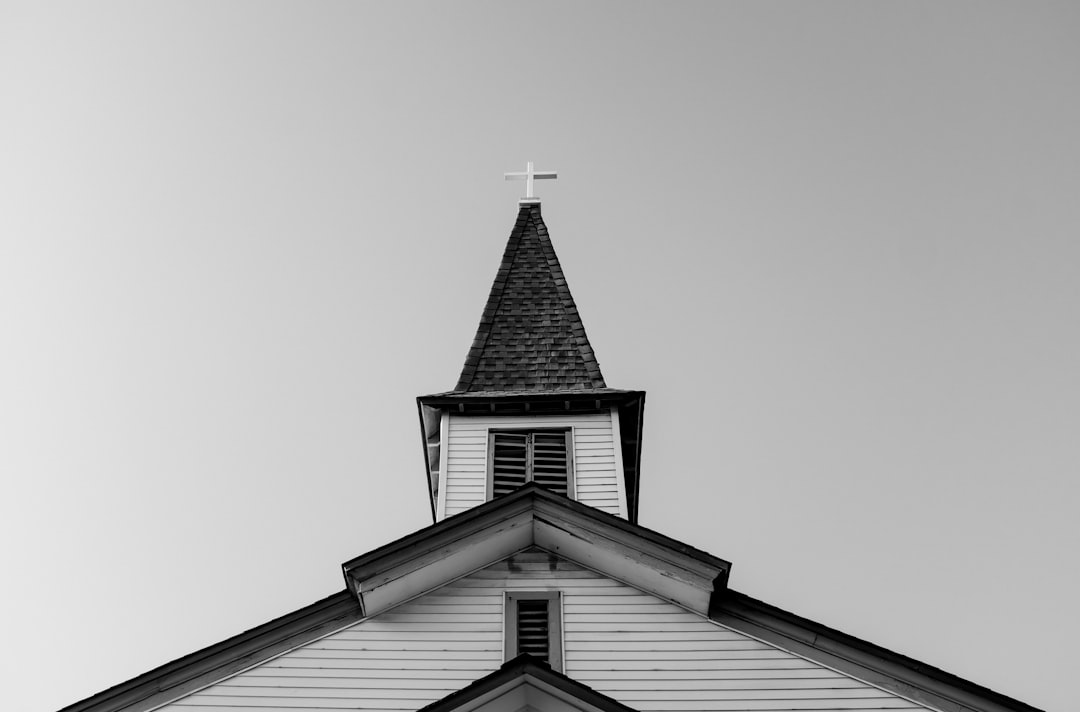In Pennsylvania, clergy abuse lawyers are essential for survivors of misconduct by religious leaders, specializing in state laws and helping within strict time limits. They guide clients through evidence gathering, case building, and filing claims, ensuring perpetrators are held accountable and victims receive justice and compensation. These attorneys offer empathy, legal expertise, and tailored strategies, considering unique protections for religious institutions. Survivors can pursue various forms of compensation and preventive measures with the help of these specialists, fostering a safer environment within religious communities.
“In Pennsylvania, survivors of priest abuse face unique challenges, but legal options exist to seek justice and healing. ‘Clergy Abuse Lawyer Pennsylvania’ explores the intricate web of rights and resources available to those affected by spiritual exploitation. Understanding the time limits for filing claims against religious institutions is crucial, as is knowing what to expect when consulting with a specialist lawyer. This article guides survivors through common forms of compensation, support resources, and the steps towards recovery.”
Understanding Clergy Abuse and Its Legal Ramifications in Pennsylvania

In Pennsylvania, clergy abuse refers to any form of misconduct or exploitation committed by members of the clergy against individuals under their care, influence, or supervision. This can include sexual abuse, emotional abuse, and financial exploitation. The legal ramifications of such incidents are significant, with survivors having the right to seek justice and compensation through various legal avenues.
A clergy abuse lawyer in Pennsylvania plays a crucial role in helping survivors navigate these complex issues. They provide expert guidance on state laws pertaining to clergy abuse, which can vary from county to county. These legal professionals assist in understanding the time limits for filing claims, gathering evidence, and constructing compelling cases. By holding perpetrators accountable and ensuring survivors receive the support they deserve, these lawyers contribute to a safer environment within religious institutions.
The Time Limit for Filing a Claim Against Religious Institutions

In Pennsylvania, there is a specific time limit for individuals who wish to file a claim against religious institutions related to clergy abuse. This deadline is crucial and often tight, typically ranging from one to two years from the time the abuse was discovered or should have reasonably been detected by the victim. The law recognizes the sensitive nature of these cases and aims to provide survivors with a fair opportunity to seek justice while also ensuring the protection of institutions from unfounded, late claims.
If you’re a survivor of clergy abuse in Pennsylvania and considering legal action, it’s essential to consult with an experienced clergy abuse lawyer who can guide you through this process. They will help ensure that your claim is filed within the prescribed time frame and provide the necessary support throughout your journey towards seeking justice and closure.
What to Expect When Consulting with a Clerk Abuse Lawyer in PA

When consulting with a clergy abuse lawyer in Pennsylvania, survivors can expect a sensitive and compassionate approach. The initial meeting is often an opportunity for the victim to share their story, understand their legal rights, and gauge the lawyer’s expertise in handling similar cases. A skilled attorney will listen attentively, offer reassurance, and provide clear explanations of the potential legal avenues available, including personal injury claims, civil lawsuits against the institution or individual priest, or even criminal charges under specific circumstances.
The lawyer will then assess the case, reviewing any relevant documents, evidence, and church records to determine the best strategy. In Pennsylvania, survivors may face unique challenges due to state laws and religious institutions’ protection, so an experienced clergy abuse lawyer is crucial in navigating these complexities. They will guide clients through every step, ensuring their rights are protected and helping them secure justice and compensation for the harm they have suffered.
Common Types of Compensation and Relief Available for Survivors

Many survivors of clergy abuse seek compensation and relief for the trauma they have endured. In Pennsylvania, several legal options are available to help them find justice and closure. Common types of compensation include monetary damages, which can be awarded for medical expenses, therapy costs, and lost wages resulting from the abuse. Survivors may also be entitled to injunctive relief, which could involve restraining orders or changes to church policies to prevent further harm.
Legal professionals specializing in clergy abuse cases can guide survivors through these options. A competent clergy abuse lawyer in Pennsylvania will help navigate complex legal processes, ensuring that all available remedies are explored. This might include filing lawsuits against responsible parties, such as the abusing priest, the institution, or both, to hold them accountable and secure financial compensation for the survivor’s suffering.
Support Resources and Next Steps for Priest Abuse Survivors

For survivors of priest abuse in Pennsylvania, seeking support and understanding is a crucial step towards healing. Many organizations offer specialized services tailored to assist individuals who have experienced clerical abuse. These resources provide a safe space for sharing experiences, offer legal guidance, and help navigate the complex process of seeking justice. Support groups facilitated by trained professionals can help survivors connect with peers who understand their unique challenges, fostering a sense of community and empowerment.
The next step for survivors is often to consult with a clergy abuse lawyer in Pennsylvania. Legal counsel specializing in these cases can offer valuable insights into the legal options available. They can guide survivors through the process of filing a lawsuit against the responsible parties, including the church or individual priests involved. It’s important to remember that seeking justice and closure is not just about the legal aspects but also about ensuring that similar instances of abuse are addressed and prevented in the future.





